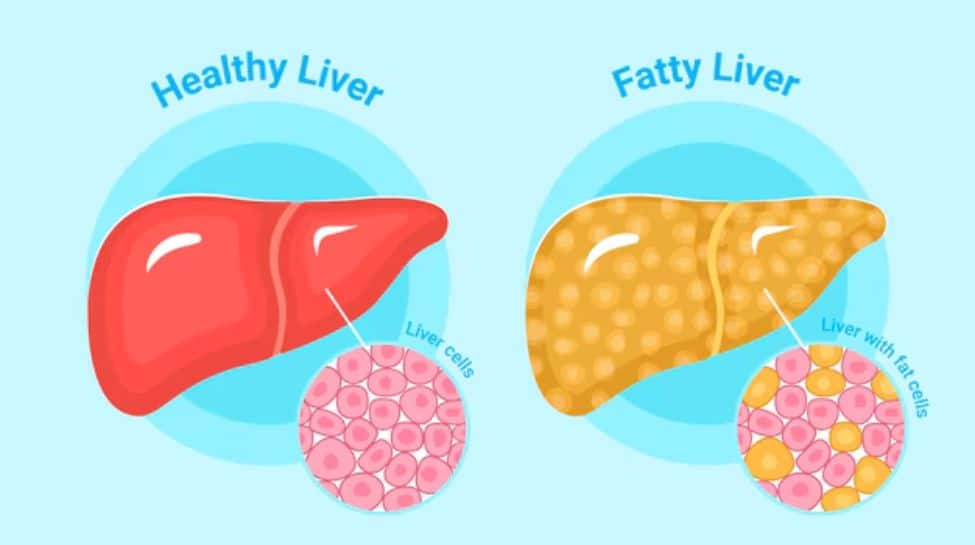New Delhi: While a good night’s sleep is known to be crucial for overall health, a new study has shown that it can also prevent cirrhosis among people with non-alcoholic fatty liver disease (NAFLD).
Cirrhosis occurs when the liver is damaged over a long period of time and replaced by scar tissue. The scarring prevents the liver from working properly and can eventually lead to liver failure.
The study led by researchers at Huazhong University of Science and Technology in China showed an association between a healthy sleep pattern and a lower risk of cirrhosis among patients with NAFLD.
The study of 112,196 patients with NAFLD found that poor sleep patterns were associated with an increased risk of progression to cirrhosis.
The benefits of good sleep were seen in participants regardless of low or high genetic risk, according to the journal Hepatology International.
The study provides “more evidence that sleep is really underrated,” Dr. Abby Phillips, popularly known as LiverDoc, said on social media platform X.
“You cannot change your genetic profile and no one can consult it, but what you can do is sleep well every night,” he advised.
The human body requires an optimal sleep duration of 7-8 hours per night.
“Getting a good night’s sleep (at least 7-8 hours) has countless benefits for liver health and this is something that not many people know about,” Phillips said.
Lack of sleep is also known to be detrimental to health and can lead to memory and concentration problems. It can also increase the risk of headaches, anxiety and stress.
Another recent study, published in the journal Sleep, shows that sleeping late may also increase the risk of early onset type 2 diabetes.
In the study, people who went to bed after midnight had a 1.46 times higher risk of developing early-onset diabetes (before age 40).
“Each hour later in bedtime was associated with a 52 percent increased risk of early-onset diabetes,” the study showed.
Disclaimer:
The information contained in this post is for general information purposes only. We make no representations or warranties of any kind, express or implied, about the completeness, accuracy, reliability, suitability or availability with respect to the website or the information, products, services, or related graphics contained on the post for any purpose.
We respect the intellectual property rights of content creators. If you are the owner of any material featured on our website and have concerns about its use, please contact us. We are committed to addressing any copyright issues promptly and will remove any material within 2 days of receiving a request from the rightful owner.

